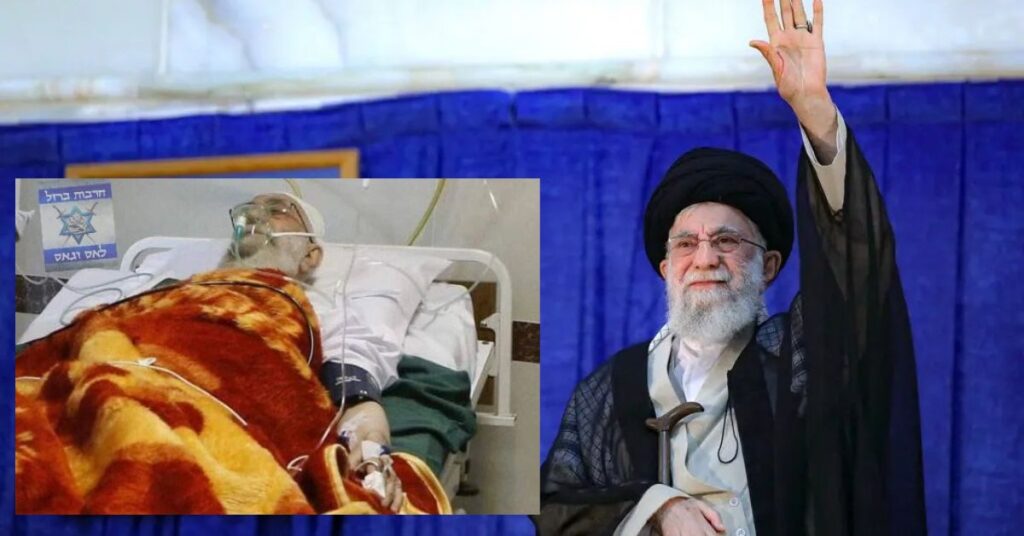Recent reports have raised concerns about the health of Iran’s Supreme Leader, Ayatollah Ali Khamenei. On November 17, 2024, social media speculated that the 85-year-old leader had fallen into a coma, following previous reports about serious health issues.
However, these claims remain unverified, and there has been no official announcement regarding Khamenei’s current health status.

Ayatollah Khamenei’s last confirmed public appearance was on November 7, 2024. This recent sighting complicates ongoing rumors about his health, especially since speculation regarding Khamenei’s well-being has occurred previously, often without concrete evidence.
Khamenei’s health has been a matter of public interest for several years. In 2014, he underwent prostate surgery, which state media described as routine, although some Western sources suggested it could have been linked to prostate cancer.
More recently, in September 2022, there were reports of possible surgery for a bowel obstruction, which led to the cancellation of several public engagements.
The speculation about Khamenei’s declining health has also sparked discussions about Iran’s succession plans. There are indications of internal debates regarding potential successors, with Khamenei’s second-oldest son, Mojtaba Khamenei, being mentioned as a possible candidate.
Additionally, the role of the Islamic Revolutionary Guards Corps (IRGC) in influencing the selection of the next Supreme Leader introduces further complexity to the situation.
These developments come amid heightened tensions between Iran and Israel. The uncertainty surrounding Khamenei’s health and the potential for succession could significantly impact regional dynamics and Iran’s foreign policy decisions.
In response to recent events, Iran’s military has issued a statement underscoring the importance of a ceasefire in Gaza and Lebanon, prioritizing that over any potential retaliation against Israel.
This measured response suggests that, despite internal uncertainties, Iran is seeking to maintain a cautious approach to regional conflicts.